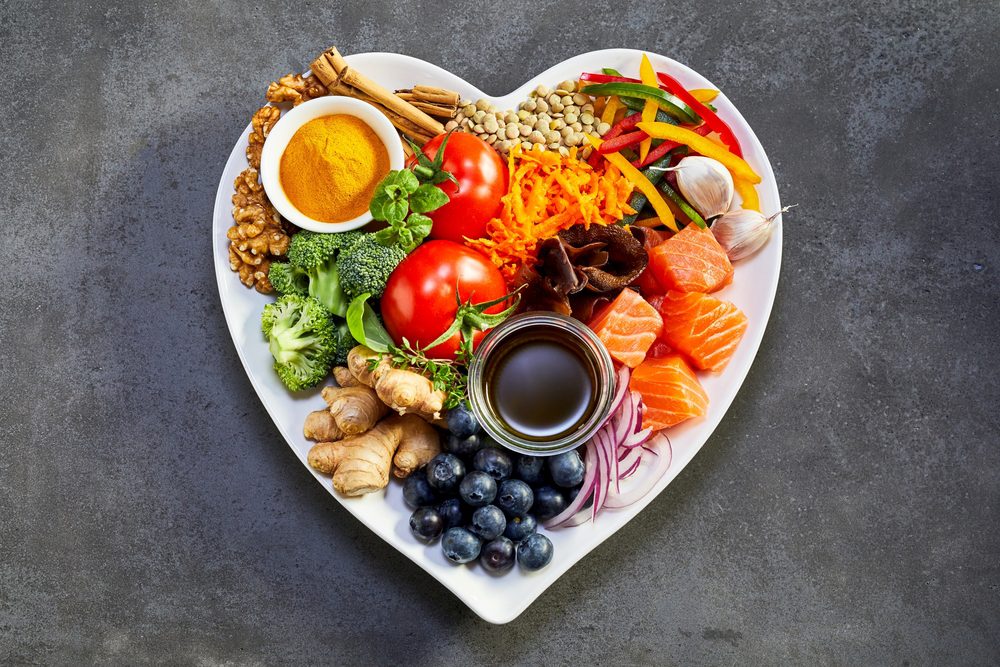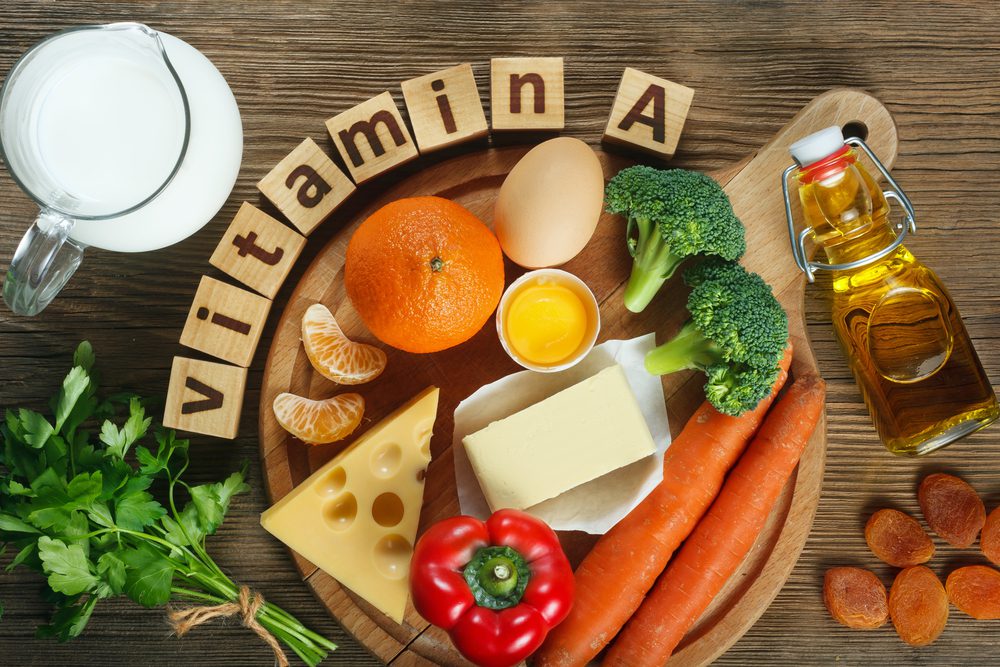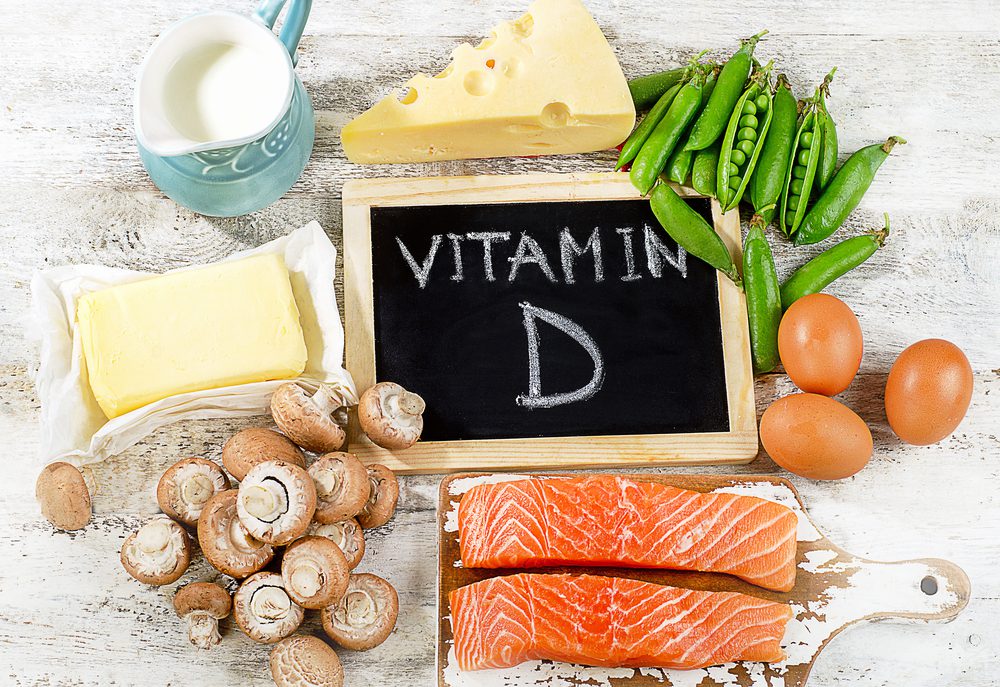Supplements are often used to fulfill the recommended daily allowance of vitamins and minerals our bodies need in order to function properly. Ideally, we should be getting these vitamins and minerals only from eating a well-balanced diet.
But, in some cases, a supplement might enhance the needed amount. Vitamins have an essential role in our bodies, as dietitian Kate Patton reinforced. “Our bodies need vitamins to break down macronutrients such as carbohydrates, fat, and protein and help the body function.” In fact, it is estimated that nearly half of American adults need to take some vitamins or minerals on a daily basis.

What kind of vitamins should you be taking daily?
When people are aware that they’re missing certain foods, they consider taking supplements, as Payton explained. Some of them might be into supplements because they have a lot of antioxidant benefits, or because they’re not used to eating fruits and vegetables.
Others use supplements because they suffer from a true deficiency. Everyone has different reasons to use vitamins. The best way to do it is to ask your doctor or a registered dietitian before you take any more supplements.
They will help you decide which products you need, or if you need any at all. Your doctor and pharmacist are also in the position to tell you if any of the supplements you want to take would harm you in any way.
What is the recommended daily allowance?
The recommended daily allowance (RDA) for vitamins and minerals is the average daily intake any person needs to stay healthy. Men and women have various vitamin and mineral recommendations.
There are different ways through which you can measure the RDA. For example, some vitamins and minerals are needed in bigger doses, so they’re measured in milligrams, while others are needed in a smaller portion, which is measured in micrograms.
The bottom line is that each and every vitamin and mineral has a specific RDA. You can’t apply the same recommended daily allowance to all supplements and vitamins, because you could harm your body.

Vitamin A
Vitamin A is a fat-soluble vitamin, that’s also known as retinol. The recommended daily allowance of vitamin A is 700 micrograms for women and 900 micrograms for men. You can find this vitamin in various dairy products and yellow or orange-colored fruits and vegetables.
Fruits such as cantaloupe, mangoes, and apricots are known to be rich in vitamin A. What is so incredible about this vitamin is that it’s very helpful for the entire body: it helps fight infection, maintains a healthy vision, keeps the heart, lung, and your kidney health strong, takes care of the skin while fighting off toxins (also known as free radicals), and strengthens bones.
Vitamin B
If you didn’t already know, there are 8 types of vitamin B, which basically form a vitamin B complex, with various RDAs. As the United States Department of Agriculture (USDA) has stated, there are many American folks who don’t get their RDA of vitamin B complex in their daily nutrition.
That might be a reason why so many cereals, flour, bread, and pasta are constantly fortified with B vitamins, in order to minimize the risk of any deficiency.
Some of the benefits of these vitamins include maintaining normal brain function and memory, being incredible for normal metabolism of carbohydrates, protein, and fats, improving cholesterol as it lowers LDL levels and increases HDL, reducing the risk of heart disease and stroke, and enhancing normal blood cell production and a good function of the nervous system.
Vitamin C
Vitamin C is soluble in water, and it’s extremely rich in antioxidants that enhance the growth of healthy tissue. The RDA for women is 75 milligrams, and 90 milligrams for men. Apart from supplements, you can find this vitamin in many fruits and vegetables.
Vitamin C protects your cells from any possible damage caused by free radicals. Also, it enhances the production of collagen in your body. Some of its benefits include reducing the risk of getting the common cold, keeping your skin and tissue healthy, and strengthening your bones and teeth.
Also, if you know that you suffer from iron deficiency, vitamin C helps your body absorb it better. If you’re trying to maximize your iron levels, eat more fruits that are rich in vitamin C.

Vitamin D
Vitamin D is an essential, fat-soluble vitamin that gets activated by ultraviolet (UV) lights. You can get it from sun exposure, but it can also be found in cod liver oil, fatty fish, fortified juices, milk, and cereals.
If you can’t get enough Vitamin D from UV light, these are great alternatives for you. For children and adults, the RDA of vitamin D is 15 micrograms. If you have a vitamin D deficiency, don’t worry.
It’s pretty common. Oftentimes there are patients that need to be prescribed additional doses of vitamin D. Some of its benefits include a positive influence on immune cell function, keeping the nervous system functioning, enhancing bone health, and regulating blood levels of calcium.
Vitamin E
Vitamin E is extremely important for the well functioning of organs. The right amount you should be getting every day is 15 milligrams. You can find this vitamin in many foods, such as vegetable oils, avocados, spinach, seeds, nuts, and whole grains.
Vitamin E has lots of antioxidant benefits that are essential for your immune system, but it also helps dilate your blood vessels and prevent blood clots. Vitamin E has various benefits. Most importantly, it protects cells from damage caused by toxins.
Also, it maintains the good function of our muscles. It also reduces the risk of many diseases, such as heart disease, cancer, and Alzheimer’s.
Vitamin K
You probably didn’t know this, but vitamin K is essential against blood clotting. The RDA of this vitamin is 120 micrograms for men, and 90 micrograms for women. This protein-rich vitamin can be found in leafy green vegetables.
Vitamin K plays a huge role with calcium in taking good care of our bone health, according to Patton. Some of the benefits of vitamin K include enhancing rapid wound healing, creating stronger bones, and keeping you safe against heart disease.
Calcium
Calcium is one of the most powerful minerals for healthy bone growth. You’ll easily find it in dairy products like milk, cheese, and yogurt. Also, you can find it in tofu, spinach, soy, and rhubarb. It’s also essential for muscle function and for the nerves that carry messages from your brain to your body.
Some of its benefits include enhancing muscle function, aiding proper hormone secretion, maintaining strong and healthy bones, and decreasing the risk of osteoporosis.
Iron
Iron is great for transporting oxygen in the blood. In fact, without the right amount of iron, you might suffer from a weak immune system and fatigue. Men and women should consider consuming between 8 to 18 milligrams of iron every day.
You can find iron in red meats, leafy green vegetables, and legumes. If you’re a vegetarian or vegan, you might be at risk of having an iron deficiency.
Even though there are lots of plant-based sources of iron, you don’t absorb them just as well. Some of its benefits include improving immune function, giving you energy, improving your brain function, helping you focus, and carrying oxygen in your blood.
Vitamins are important for your body and your brain, so if you can’t get them from your diet, here are some vitamins you could include in your day-to-day life!
If you enjoyed reading this article about vitamins, we also recommend reading: 4 Best and Worst U.S. States for Healthcare





